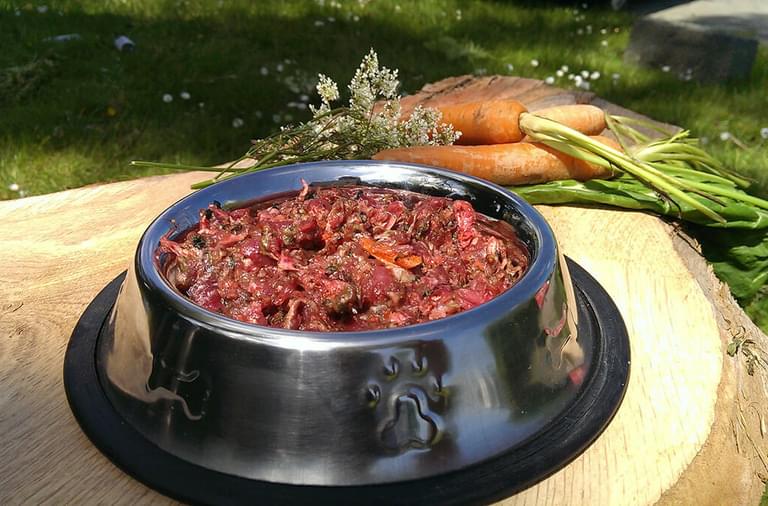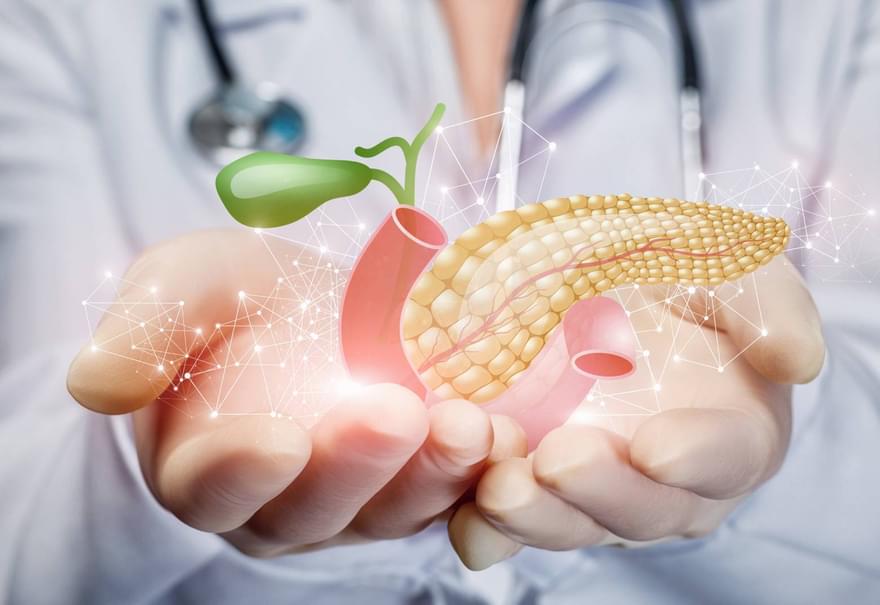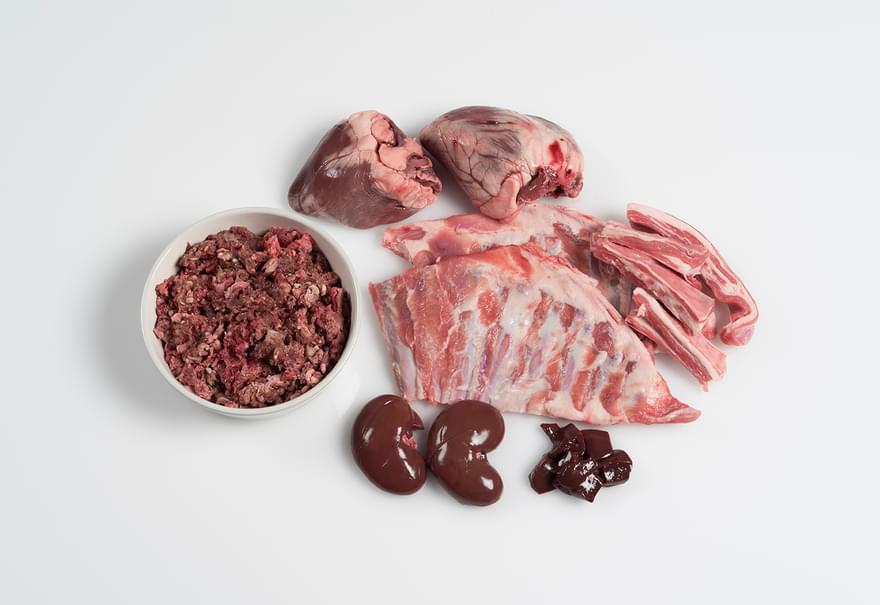
Hemp Seed - A Powerhouse of Health for Your Dog
Guest Blog: Anna Webb
Hemp seed and hemp seed oil are a powerhouse of health that's good for the planet, biodiversity and your dog. Find out why here.
PFMA is aware of research from a team at the University of Porto and Lisbon focusing on a potential link with raw meat diets for dogs and drug resistant bacteria in dogs.
Whilst the dog food products tested were selected from the Portuguese market, as this was covered in the UK press, PFMA would like to provide reassurance and guidance to UK pet owners.

As with all commercially prepared pet foods, commercially prepared raw foods are subject to stringent legislation and testing, including microbiological testing, to ensure they are safe. This rigorous testing minimises the risk of food borne contamination to both the owner and the pet.
Additionally, PFMA commercial raw members manufacture their diets in line with best practice guidelines, which have been developed in conjunction with Defra, the Animal Plant & Health Agency and the Food Standards Agency.
PFMA is also in the final stages of completing a brand-new, world-leading certification scheme for commercial raw producers, which is an extra tool to support the safe production of raw pet food.
PFMA encourages pet owners to purchase their pet food from a registered raw food manufacturer who is professionally making raw pet food meals with the appropriate microbiological controls.
In terms of feeding at home, while it carries no greater risk than handling fresh raw meat intended for humans, pet owners must be dedicated to good hygiene practices in the home and maintain high standards of hygiene to prevent contamination.
Careful storage, handling and good hygiene practices when preparing and feeding a raw meat diet are vital. We encourage owners to take the time to read our best practice tips: https://www.pfma.org.uk/raw-feeding-factsheet
It is also important to follow best practice hygiene practices when handling pets such as thoroughly washing hands before and after coming in to contact with pets, changing litter trays, not allowing pets to lick faces etc.

Guest Blog: Anna Webb
Hemp seed and hemp seed oil are a powerhouse of health that's good for the planet, biodiversity and your dog. Find out why here.

What is pancreatitis and how can it affect your dog? Read on to find out all you need to know about this disease.

Single protein meals, what are they and what are their benefits?